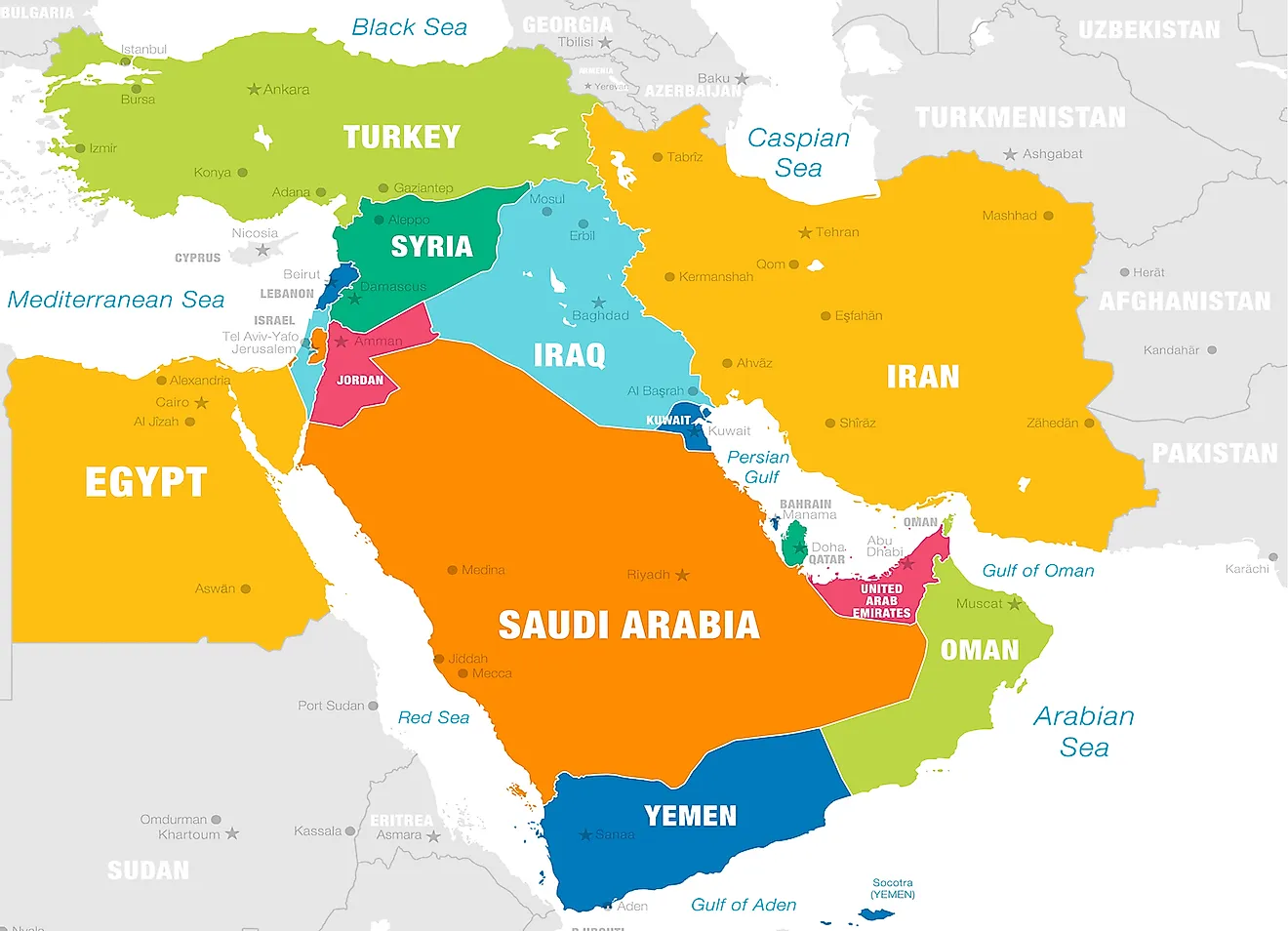Against the backdrop of the Israel-Hamas conflict, diverse partnerships have emerged in the Middle East.
First, let’s talk about Qatar. Known for its wealth in oil and minerals, Qatar is a primary funder of Hamas.
It supports various social projects run by the group, like schools and orphanages. The stated aim is to keep communication channels open and curb extremism.
Iran used to be a significant financial backer for Hamas. Economic sanctions have curbed the flow of money, but Iran still offers vocal support.
Rahim Safavi, an advisor to Iran’s leader, recently endorsed the Palestinian cause, signaling continued backing.
Now, let’s consider Hezbollah in Lebanon, which looks up to Iran as a model. The group’s members frequently travel to Iran for religious, ideological, and military training.

In areas controlled by Hezbollah, one can easily find flags and images of Iranian leaders, illustrating the group’s affinity for Iran.
Turning to Russia and Syria, their alliance has changed the dynamics in the Middle East. Russia became directly involved in Syria in 2015.
Attacking opposition groups swung the balance in favor of Syrian President Bashar al-Assad.
Background
The alliances in the Middle East aren’t haphazard. They serve specific geopolitical interests.
Qatar’s financial backing of Hamas aims to maintain a diplomatic balancing act and to temper radicalism.
Iran’s support for Hamas and Hezbollah is consistent with its wider Middle East objectives, especially in opposition to Israel.
Hezbollah’s relationship with Iran adds another layer of complexity to Lebanon’s already complicated politics.
The group’s Iranian influence has deep implications for the region and beyond.
Similarly, Russia’s involvement in Syria isn’t merely regional support; it’s a strategic move to solidify its role as a powerful player in Middle Eastern affairs.
The alliance gives Russia a foothold in the region, allowing it to influence events far beyond its borders.
Each of these alliances has ripple effects that go beyond the immediate partnerships.
They contribute to a network of relationships that shape the broader geopolitical landscape, affecting not just the Middle East but global politics as a whole.

